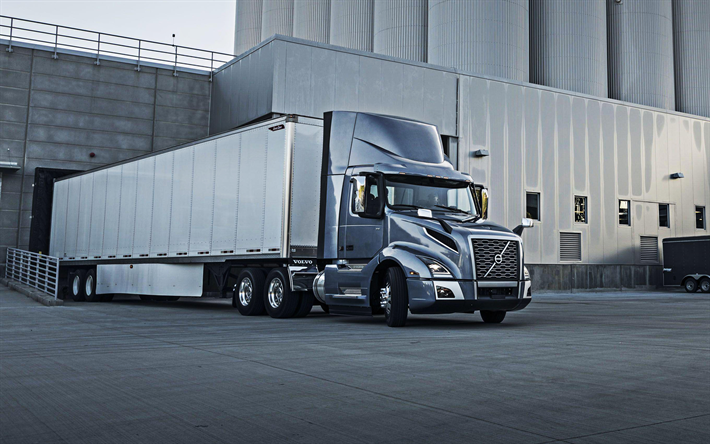RIO DE JANEIRO, BRAZIL – The Volvo group announced on Wednesday, February 5th, an additional investment of R$1 (US$230) billion in Brazil.
The amount will be applied between 2020 and 2023 and will focus on the development of trucks and buses, with emphasis on the adjustments to the Euro 6 environmental standard.
The company, which produces cargo vehicles in Curitiba, believes that the market will continue to grow despite the risks, and minimizes the impact of the coronavirus on the economy.

Wilson Limann, president of the Volvo group in Brazil, says attention is required, yet believes there are excesses in the estimates regarding the spread of the disease and its impact on the economy. The executive compares what is happening now with the concerns caused by the SARS (severe acute respiratory syndrome) in the early 2000s.
“I think the situation will settle down in the medium term. We have suppliers in China, the work is conducted globally. But we also have suppliers in Brazil and Argentina, there are other variables involved. We don’t have short-term concerns,” Limann said.
The president’s optimism is based on the results achieved in Latin America. Volvo shipped 700 buses to Colombia in 2019, which offset the 60 percent drop in exports to Argentina. In the region, the company grew 77 percent in the bus segment last year compared to 2018.
The Swedish make closed the year as the national market leader among heavy-load trucks (over 40 tons of capacity), a niche in which it recorded a 58 percent growth in 2019 compared to 2018.
The FH 540 model was the brand’s standout: it registered 7,219 new plates in 2019, according to FENABRAVE (the body representing vehicle distributors).
In all, the Swedish company delivered 20,665 vehicles in Latin America last year, 82 percent of which were in Brazil, which had record sales of R$9.3 billion.
In the sum of all truck categories, the market leader last year was Mercedes-Benz, with 30.85 percent share, followed by Volkswagen (24.36 percent), Volvo (16.56 percent) and Scania (12.54 percent).
When the new investment cycle is completed, the Volvo group will have invested R$2.25 billion in Brazil over a six-year period. However, there was no significant job generation.
According to Limann, the Curitiba plant already works with two full shifts and there are some units operating a third shift. The company’s president says there were only a few occasional hirings in January.
The Swedish company expects a growth of up to 15 percent in its area of operation in the truck sector (models above 16 tons of capacity). There are also prospects of a rise in bus sales in the domestic market, but municipal elections will affect the bidding processes throughout the year.
According to ANFAVEA (association of automakers), truck and bus sales should grow 16.9 percent this year, and production in this segment is expected to increase 13.4 percent.

